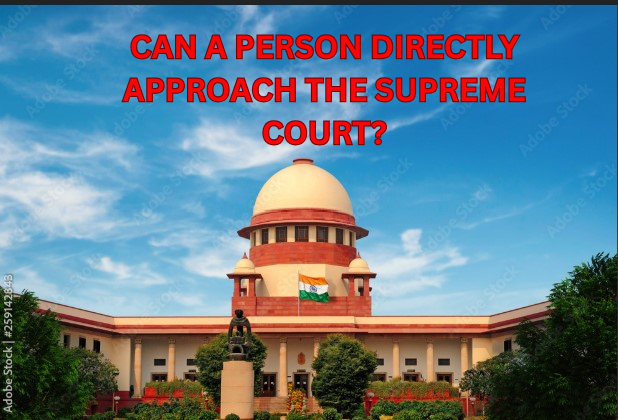The WILLIAM E. GLADSTONE wrote a quote— “Justice delayed is justice denied.”
The phrase “Justice delayed is justice denied” has become a very critical issue for the Indian judicial system, where lots of cases are pending and numbers of cases are ready to register. This makes an impact on the fairness of justice; therefore, the Indian public loses their belief and confidence in the Indian judicial system.
The Indian judiciary delays providing timely justice, where the main cause we found is the lack of implementation of the judicial framework in the country and its ineffectiveness, along with a shortage of qualified judges. This article explores the multifaceted causes of the delay in timely justice and focuses on the inefficiency of the judicial system in India.
Is the judicial system in India overburdened due to the lack of implementation of the framework?
Yes, the Indian judiciary system is indeed facing significant overburdened issues due to its lack of implementation of the framework and reforms.
Let’s break it down:
IS the JUDICIARY OVERBURDENED? —
Yes, CJI U.U. Lalit highlighted the case burden of the court in his remarks and said that “matters do come up, but they don’t get disposed of, so they keep adding to the burden.” These kinds of situations open the eyes to various aspects of court management and the speedy disposal process of Indian courts.
As per one of The Hindu articles, around 5 crore cases are still pending at different levels of the judiciary. In August 2022, Law Minister Kiren Rijiju made a statement in Rajya Sabha that the Supreme Court has approximately 72,000 pending cases, of which 57,000 are civil matters and the remaining are criminal cases.
Further, he stated that around 10,491 cases have been in line for disposal for over a decade, 18,134 between five and ten years, and around 42,000 are pending for less than five years. The statistics were presented by the Minister based on data from the Supreme Court.
The pendency of the cases has become a very problematic situation, where many factors contribute to the low rate of disposal of cases in the judicial system.
- Shortage of judicial officers—
This is the major problem causing the overburden in the judicial system because the judge-population ratio in the Indian courts is very low. The Cabinet Law Minister Kiren Rijiju, in Rajya Sabha, in a written reply, stated that “the judge-population ratio of the Indian judiciary stood at 21.03 per million.”
The Indian judiciary has to deal with the vacant seats of judges. As per a recent report published by the Department of Justice in April 2024, in the Indian High Courts, there are a total of 1,114 seats, of which 327 seats are still vacant. Judicial vacancies have become an issue, which has become a reason for case backlogs and excessive caseload.
- Outdated procedural framework—
The Indian judiciary relies only on an outdated procedural framework, which demands multiple hearings and paperwork. This has significantly contributed to delays and increased the court’s burden due to procedural complexities and inefficiency. - Impact of legislation and policy gaps—
Legislative and policy shortcomings also play a very pivotal role in judicial delays. There is a need for legislative reforms that streamline judicial processes, improve access to justice, and reduce delays. Existing laws, such as the Code of Civil Procedure, often lack provisions that address the modern needs of a rapidly evolving society. - Less involvement of modern technology—
The Indian judicial system still does not use upgraded modern technology to manage day-to-day static data, cases, court fee payments, and more, which also contributes to the delay in timely justice.
CONCLUSION
The Indian judiciary is the backbone of our country, in which the supreme power is governed under the Supreme Court of India (also known as the apex court). When any type of dispute arises between two different parties and the dispute becomes a serious topic, they ask for help from the court for settlement or whatever is necessary to solve the dispute.
However, judicial delays in India are a significant challenge that impacts the justice delivery system and also reduces the trust of the general public in the judiciary. This demands comprehensive reforms, ranging from increasing judicial capacity to enhancing the adoption of technology and promoting alternative dispute resolution mechanisms.
REFERENCE
[1] By Legalserviceindia@abhay, The Overburdened Courts: An Analysis, Available at: https://www.legalserviceindia.com/legal/article-9785-the-overburdened-courts-an-analysis.html
[2] Bhumikaben Jayeshkumar Suthar, Causes of Judicial Delays in India: Analyzing the Overburdened System and Procedural Challenges, Available at: https://www.raiuniversity.edu/

